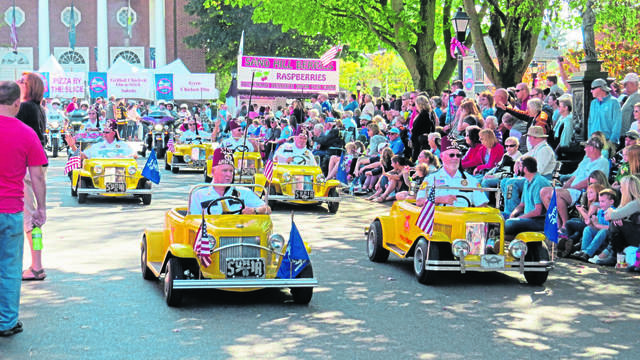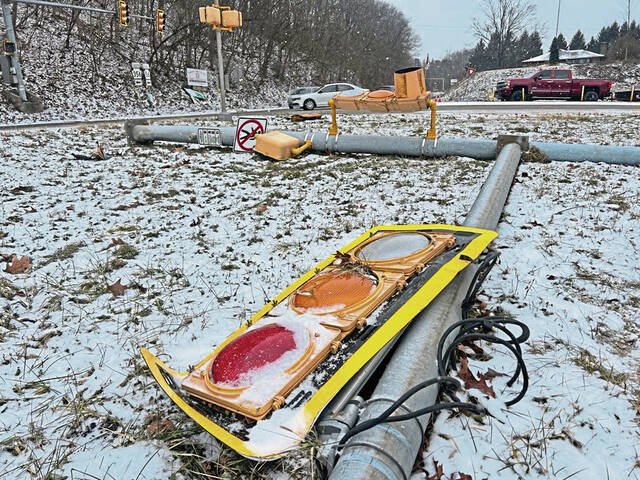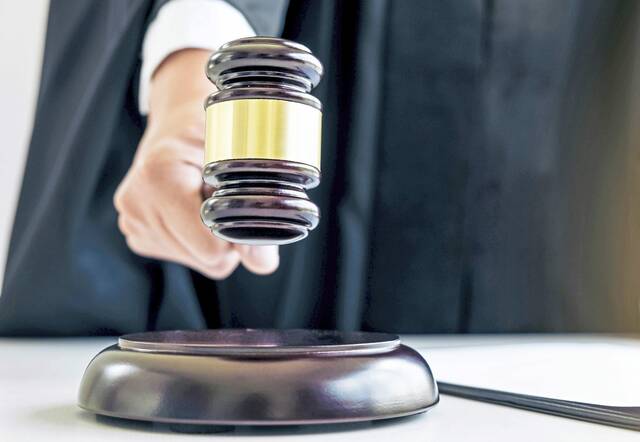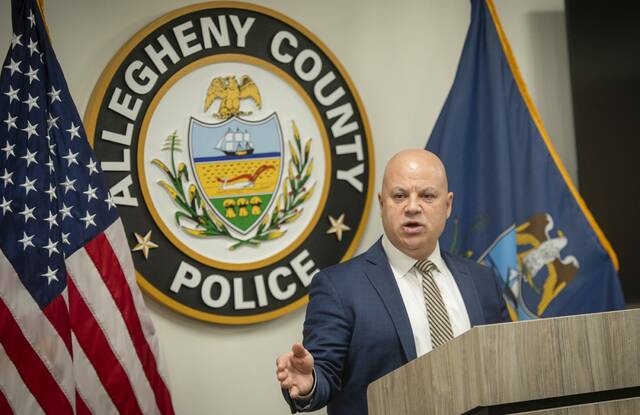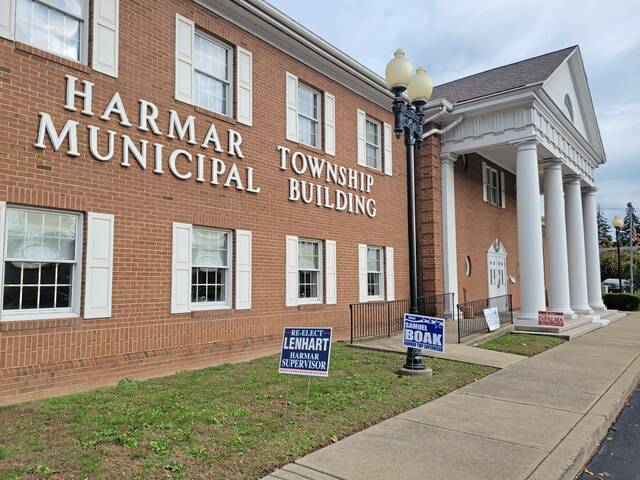One nonprofit’s demise is another’s gain.
After 76 years, the Hypnosis Society of Pennsylvania is dissolving and has donated its savings, about $17,000, to the Syria Shriners, headquartered in Harmar.
“We consider that a large contribution, and we are very grateful for it,” said David Gardy of Mt. Washington, Syria Shriners treasurer.
The Syria Shriners, a chapter of Shriners International, has about 5,000 members in Western Pennsylvania. They raise and donate about $200,000 annually to the Shriners Hospitals for Children.
Their largest fundraiser is an annual clay pigeon shoot at Seven Springs Mountain Resort, which typically nets $100,000.
“I have served as treasurer for 15 years, and I can’t recall another nonprofit going out of business and offering all their funds to the Shriners hospitals,” Gardy said.
The Hypnosis Society is dissolving because membership has dwindled to nine members, according to Sam Santini, 80, of Penn Hills, who was the group’s most recent president. The board chose to dedicate the nonprofit’s remaining savings to benefit the Shriners’ hospitals, he said. The donation was awarded to the Shriners last week.
Although the donation will be put to a good use, Santini lamented the demise of the group of dedicated hypnotists.
“Hypnosis is so great,” Santini said. “It’s just that it’s never really got off the ground” for practitioners who didn’t have a medical degree or medical certification.
Today, hypnosis, described as a heightened state of concentration, is an accepted form of therapy approved by the American Medical Association and the American Psychiatric Association, according to Harvard Medical School.
“Hypnosis is a natural thing, and it’s a form of learning,” said Santini, who likens some aspects of it to daydreaming while driving and missing your exit.
Hypnosis has been around for a long time, but some people connected it with evil in the mid-20th century, according to Santini.
“People who would go to movies and see Bela Lugosi’s Dracula looking into a woman’s eye, hypnotizing her,” he said. “They believed that, if you were hypnotized, something bad was going to happen to you.”
Santini and the remaining hypnotists associated with the Hypnosis Society, who aren’t certified by the state, offer therapy for behavior modification such as quitting smoking, eating less and dealing with anxiety.
The therapy can be focused to eliminate distractions and make “someone more open to suggestions, such as those that promote the aims of treatment,” according to Harvard Medical School.
Pennsylvania, like most states, doesn’t offer certifications in hypnosis. Instead, medical doctors and other medical practitioners already holding state certifications offer hypnosis therapy.
It wasn’t that Pennsylvania hypnotists didn’t try to change that.
The late State Rep. C.L. Schmitt, for whom the New Kensington Bridge is named, was the only hypnotist in the state House in 1973. He worked to get the Legislature to license “ethical hypnotists,” according to a Feb. 9, 1970, account by The Associated Press. The bill never made it out of the Legislature.
During its heyday, the Hypnosis Society had about 100 members, according to Santini. In the 1960s, meetings were held at the YWCA on Wood Street, including exhibitions on how a penny could blister the skin by the power of suggestion.
Santini said he and his colleagues worked with people on using the power of suggestion to promote healthy behavioral habits.
“It’s a shame that people don’t realize what their bodies can do,” he said.


